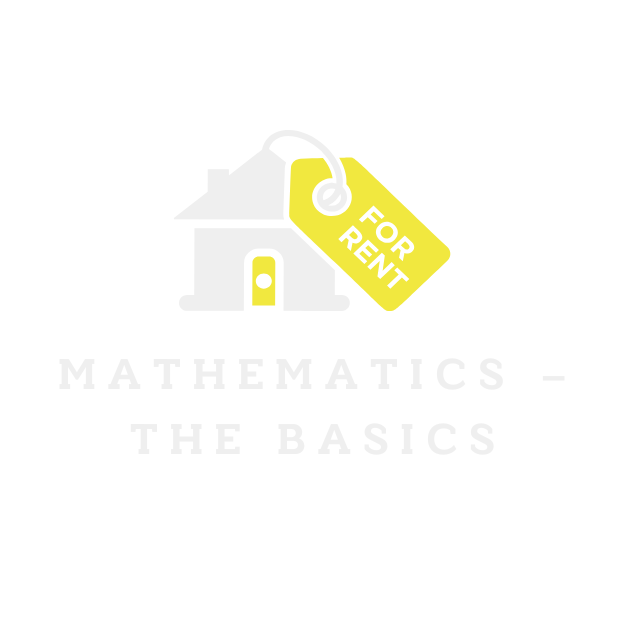When it comes to buying a home, the size of your down payment can feel like a game of poker. You might think a smaller bet will keep your cards close to your chest, but going all in with a larger down payment can pay off big time. Not only does it lower your monthly mortgage payments, but it also boosts your chances of snagging a better interest rate. Who wouldn’t want to save a few bucks for that fancy coffee machine?
Table of Contents
ToggleUnderstanding Down Payments
Down payments play a crucial role in the home buying process. An initial payment made upfront towards a home purchase, down payments can significantly impact mortgage terms. Lenders often evaluate the size of the down payment to gauge the borrower’s financial stability.
A larger down payment typically leads to lower monthly mortgage payments. Lower payments arise because the borrower finances a smaller amount, easing the monthly budget. Savings from reduced mortgage payments can then be redirected towards other financial goals or expenses.
Interest rates may also improve with a larger down payment. Lenders view borrowers capable of providing more equity as lower risk, resulting in potentially better rates. Access to competitive interest rates contributes to overall savings over the life of the loan.
Another benefit includes avoiding mortgage insurance. Many lenders require private mortgage insurance (PMI) for down payments below 20%. By making a larger down payment, homeowners can eliminate this additional monthly cost.
Equity increases more rapidly with a larger down payment. Homeowners build equity in the property faster, providing potential financial freedom. Increased equity can later be leveraged for home improvements or future real estate investments.
Lastly, a larger down payment contributes to greater negotiation power. Sellers often prefer buyers with substantial down payments, perceiving them as serious and financially stable. This enhanced negotiation position can lead to better terms and successful transactions.
Benefits of a Larger Down Payment

A larger down payment offers numerous financial advantages when purchasing a home. Homebuyers experience significant benefits, including reduced mortgage payments, better interest rates, and increased equity.
Lower Monthly Payments
Monthly payments decrease significantly with a larger down payment. Borrowers finance a smaller loan amount, resulting in lower payments. This reduction allows homeowners to allocate funds toward savings, investments, or other expenses. In general, larger payments upfront lead to greater financial flexibility over time. The ability to manage cash flow effectively contributes to overall financial stability.
Reduced Interest Rates
Lenders often provide lower interest rates to borrowers who make bigger down payments. By demonstrating a commitment through a substantial upfront investment, homebuyers signal financial reliability. With a reduced rate, total interest costs decrease, leading to substantial long-term savings. Overall, the combination of a larger down payment and lower interest rate results in a more affordable mortgage journey.
Increased Home Equity
A larger down payment accelerates equity building in a home. Homebuyers gain immediate equity, boosting their financial standing. Over time, this equity can serve as an investment, enabling homeowners to leverage it for future purchases or improvements. Increased home equity also enhances financial security, as it typically shields against market fluctuations and potential property value decreases.
Financial Stability
A larger down payment creates significant advantages in achieving financial stability during the home buying process.
Improved Loan Approval Chances
Higher down payments increase the likelihood of loan approval. Lenders view substantial down payments as a sign of reduced risk, making borrowers more appealing. It’s common for lenders to prioritize those with larger down payments, leading to smoother and quicker approvals. With a decrease in perceived risk, applicants often experience fewer hurdles in the underwriting process. Ultimately, the increased approval rates may open doors to better loan options.
Lower Debt-to-Income Ratio
Lower debt-to-income ratios emerge with larger down payments. Financing a smaller amount directly reduces monthly mortgage payments and enhances financial standing. Lenders calculate this ratio as a key indicator of affordability. A lower ratio signals to lenders that borrowers can manage their debt more effectively, increasing the chances of loan approval and favorable terms. Additionally, maintaining a favorable ratio enables individuals to pursue other financial goals more freely.
Long-Term Savings
A larger down payment directly influences long-term savings and financial benefits. Homebuyers who contribute more upfront can significantly reduce or eliminate private mortgage insurance (PMI). PMI typically applies to loans with down payments below 20%. By making a larger payment, homeowners not only avoid these added costs but also free up funds for other uses.
Greater investment potential arises from increased home equity. Larger down payments lead to faster equity accumulation, allowing homeowners to tap into their investments sooner. This accessibility can support major purchases or the ability to invest in other assets. Equity from a larger down payment serves as a financial cushion, protecting against market fluctuations and providing leverage for future financial endeavors.
Opting for a larger down payment can significantly enhance a homebuyer’s financial landscape. It not only reduces monthly mortgage payments but also improves the chances of securing a favorable interest rate. This strategic move fosters quicker equity growth and provides homeowners with greater financial flexibility.
By avoiding private mortgage insurance costs and presenting a lower risk to lenders, buyers can enjoy smoother approval processes and better loan options. Ultimately, a larger down payment empowers individuals to make informed financial decisions, paving the way for future investments and long-term stability.


